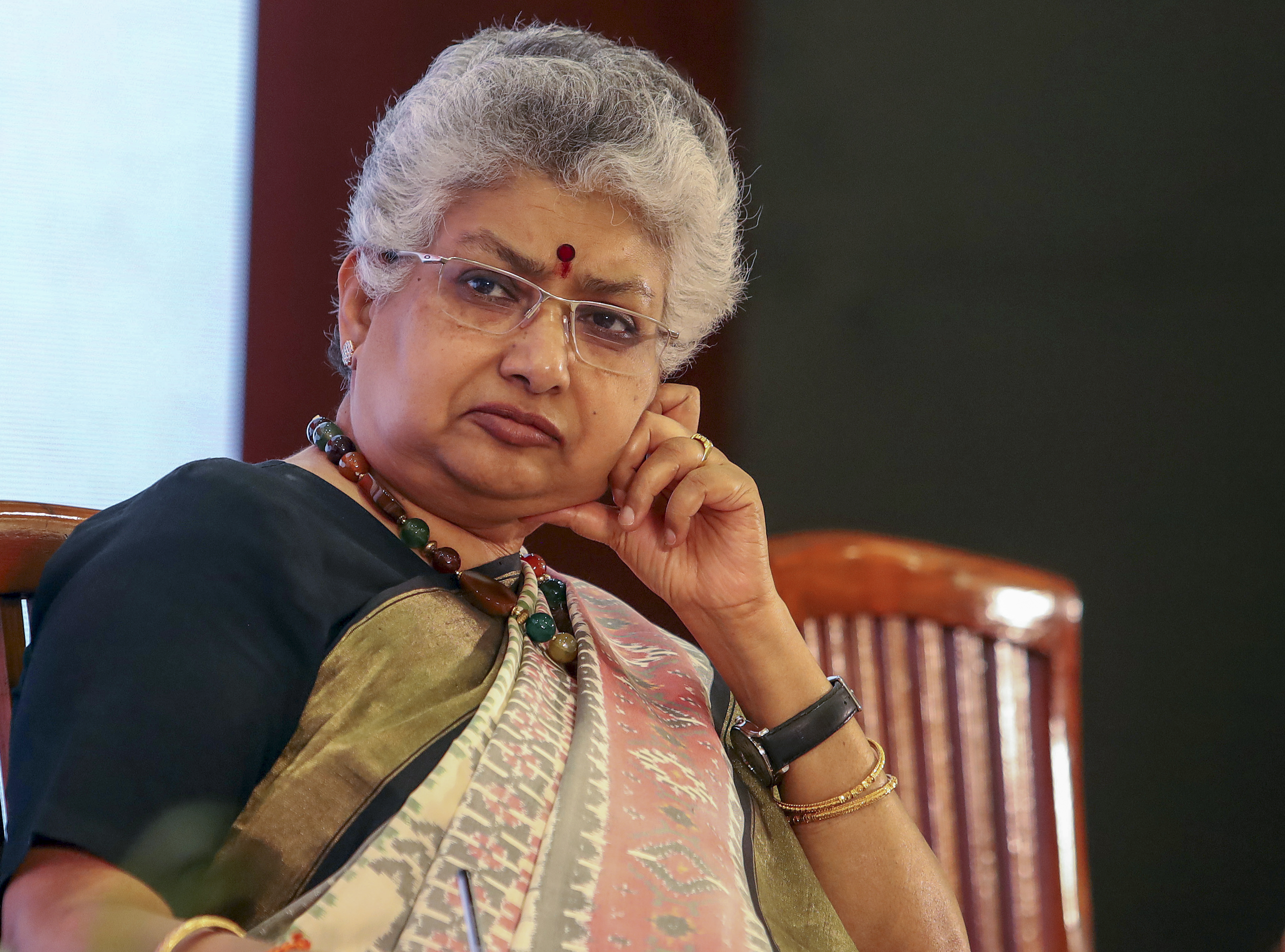
A day following the elevation of two high court chief justices to the apex court, retired Justice A S Oka highlighted the need to scrutinise the reasons behind dissenting views. He voiced concerns over the collegium’s opaque practices and underscored the value of transparency balanced with the privacy of those under consideration. Oka’s remarks came during the launch of a book examining the Supreme Court's function and evolving role.
At the event, senior advocate Indira Jaising questioned how future Chief Justices of India are selected, pointing to the powerful dissent from Justice B V Nagarathna—herself the only woman judge on the bench—against the elevation of Patna High Court Chief Justice Vipul M. Pancholi. She drew attention to the secrecy shrouding collegium decisions and asked whether the current process meets democratic standards.
Oka agreed that judges and the public deserve to know why dissenting opinions arise: “There is nothing wrong in that,” he said, adding that public access to collegium minutes could promote accountability—and criticism would be “justified” when dissent remains undisclosed. However, he cautioned that full disclosure might compromise the confidentiality of candidates who consented to be considered but were not selected. Publicising documents could also expose their financial records, including salaries from the past three years, thereby presenting a privacy challenge.
The selection of Justices Alok Aradhe of Bombay High Court and Vipul M. Pancholi of Patna High Court was recommended on 25 August by a collegium led by Chief Justice B R Gavai. Pancholi, if appointed, will likely become Chief Justice of India in October 2031 after Justice Joymalya Bagchi retires. Yet, Justice B V Nagarathna strongly dissented from that recommendation.
Her dissent raised several concerns. She questioned Pancholi’s relatively low seniority—he ranks 57th among high court judges nationwide—and flagged the potentially unbalanced representation given that two other judges from his court already sit on the Supreme Court. She also called for scrutiny of his transfer from Gujarat High Court to Patna High Court in July 2023, urging access to the secret minutes that led to that decision.
Nagarathna warned that proceeding with the elevation despite these issues would be “counter-productive” to the administration of justice and would jeopardise what remains of the collegium’s credibility. She requested that her dissent note be uploaded on the Supreme Court’s website in keeping with a growing trend of transparency in appointments.
Advocacy group Campaign for Judicial Accountability and Reforms echoed her concerns, accusing the collegium of regressing on transparency standards and demanding publication of both the dissent note and details behind the transfer decision.
